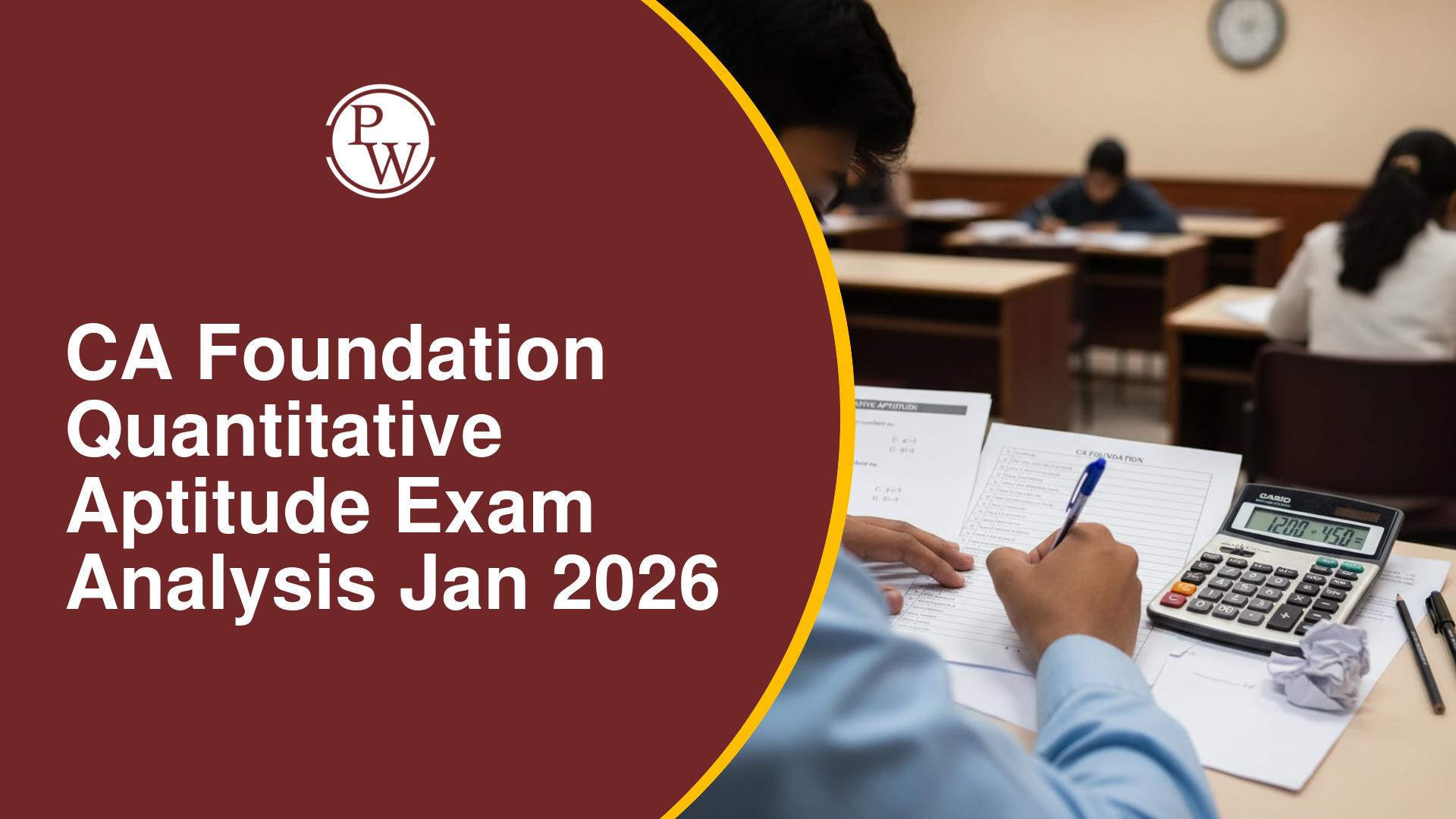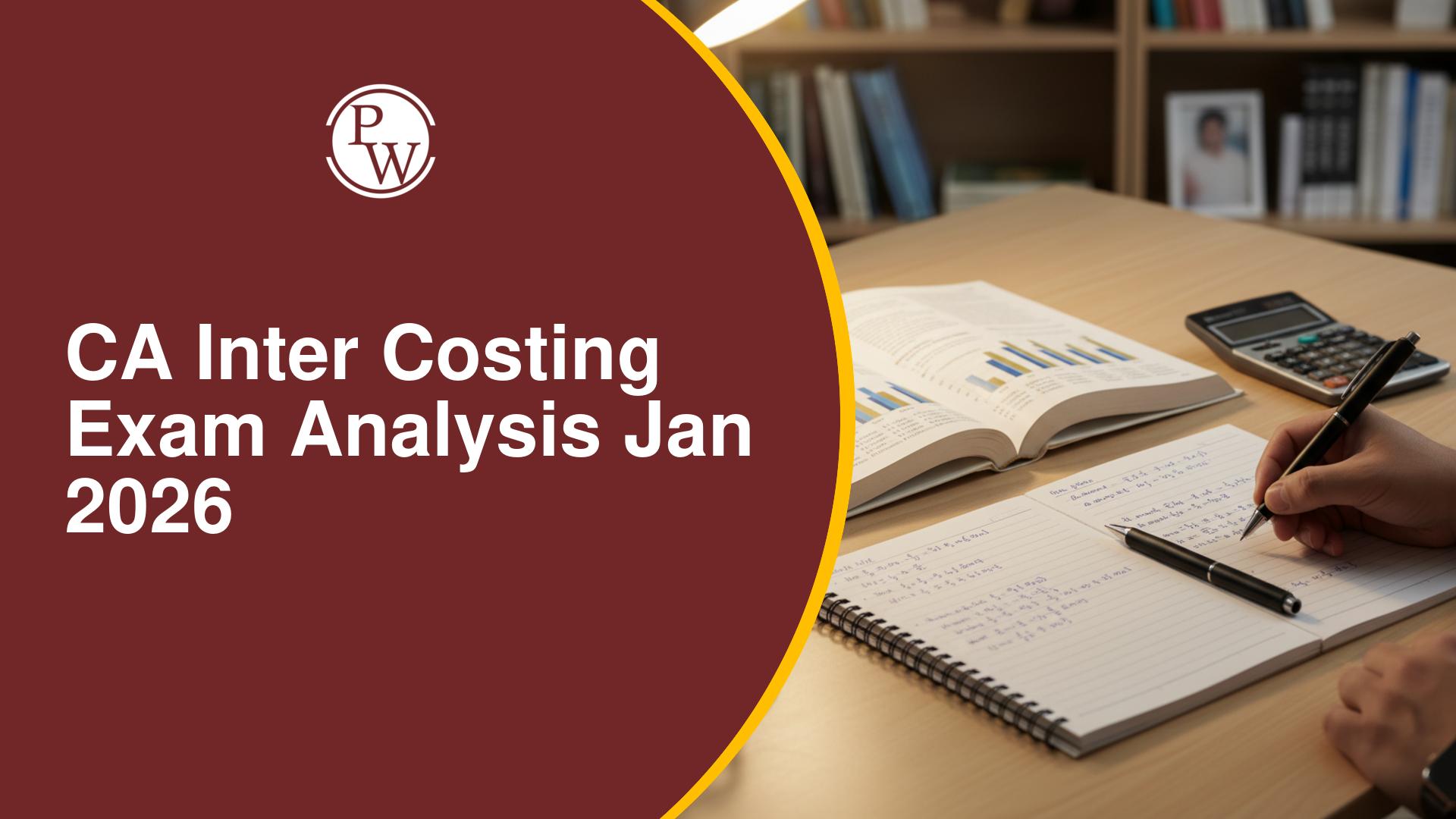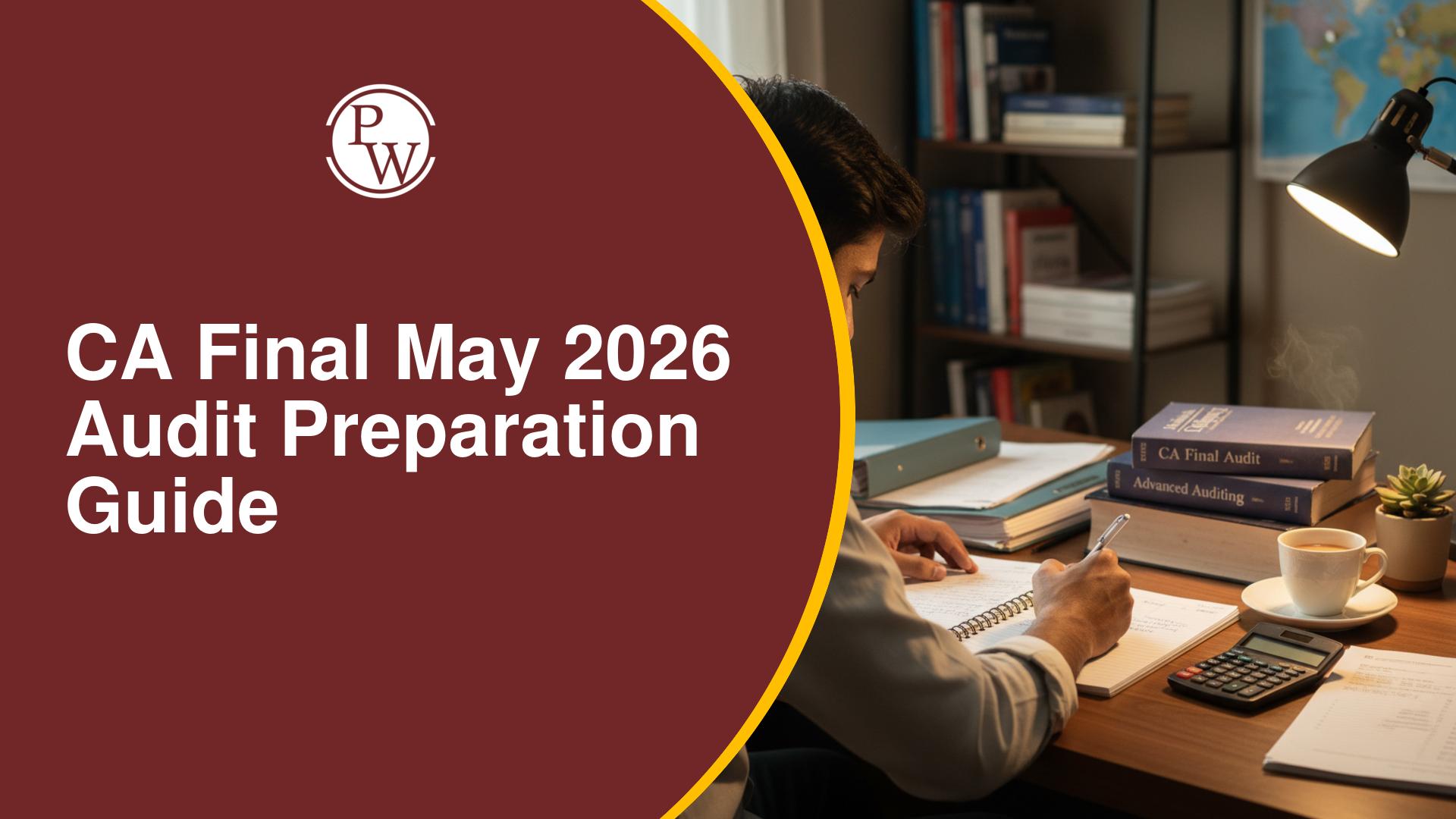
The field of taxation is constantly evolving, driven by changes in economic policies, legislative reforms, and global financial trends. For chartered accountants (CAs), staying updated with the latest taxation amendments in taxation is not just a professional necessity but a fundamental requirement to provide effective tax planning and compliance services to their clients.
The Institute of Chartered Accountants of India (ICAI) periodically updates its syllabus to reflect these changes, ensuring that candidates appearing for CA exams are well-prepared to tackle the dynamic world of taxation amendments. This comprehensive guide aims to provide aspiring CAs and those already in the profession with an in-depth understanding of some of the most important amendments in taxation that are relevant for CA exams. We will delve into various aspects of direct and indirect taxation amendments, covering recent changes, their implications, and the key concepts that candidates must master to excel in their exams.Direct Taxation Amendments
Income Tax Act Amendments:
- Introduction of the New Tax Regime: One of the significant changes in the Income Tax Act was the introduction of a new tax regime, offering taxpayers the option to choose between the old and new tax regimes. Candidates should be well-versed in the differences between these regimes, including tax rates, deductions, and exemptions.
- Taxation of Dividends: The Finance Act may have introduced taxation amendments of dividends, affecting both individuals and corporate taxpayers. Candidates must understand the tax implications of dividends, including dividend distribution tax (DDT) changes.
- Faceless Assessment and Appeals: The faceless assessment and appeal system was introduced to promote transparency and reduce tax-related disputes. Understanding the procedural aspects and nuances of this system is essential for CA aspirants.
Goods and Services Tax (GST):
- E-invoicing: The implementation of e-invoicing is a crucial GST amendment. Candidates should be familiar with the e-invoicing process, its scope, and its impact on businesses.
- GST Rate Changes: Periodic changes in GST rates on various goods and services can impact businesses and compliance. Aspiring CAs should stay updated on these changes and their implications.
- Input Tax Credit (ITC) Reconciliation: The reconciliation of ITC is essential for businesses to claim tax credits accurately. Understanding the procedure and rules related to ITC reconciliation is vital for tax professionals.
Indirect Taxation Amendments
Customs and Excise Duty:
- Customs Valuation: Understanding the amendments related to customs valuation methods and their application is crucial for CA candidates. Changes in valuation methods can affect the duty payable by importers.
- Anti-dumping Duty: Changes in anti-dumping duty regulations can impact international trade. CA aspirants should grasp the principles and procedures related to anti-dumping duties.
- Excise Duty Amendments: Periodic changes in excise duty rates and exemptions can affect manufacturers. Knowledge of these changes is essential for CAs providing advisory services to manufacturers.
International Taxation:
- Base Erosion and Profit Shifting (BEPS): BEPS initiatives by the Organization for Economic Co-operation and Development (OECD) have led to changes in international taxation rules. Candidates must understand the BEPS action plans and their implications.
- Multilateral Instrument (MLI): The MLI is a significant development in international tax treaties. Aspiring CAs should be aware of how the MLI impacts the taxation of cross-border transactions.
- Transfer Pricing Regulations: Transfer pricing regulations have seen continuous updates to prevent tax avoidance. Candidates should be well-versed in transfer pricing methods and documentation requirements.
Practical Insights and Case Studies
To excel in CA exams, candidates not only need to understand the theoretical aspects of taxation amendments but also how to apply these concepts in practical scenarios. Practical insights and case studies can provide a deeper understanding of the amendments and their real-world implications. Here are a few case study examples:Impact of New Tax Regime on Individual Taxpayers:
Case Study: Calculate the tax liability for an individual taxpayer under the old and new tax regimes based on their income sources and deductions. Compare the results to identify which regime is more advantageous. E-invoicing Compliance for Businesses:E-invoicing Compliance for Businesses :
Case Study: Analyze the compliance requirements and benefits of e-invoicing for a mid-sized manufacturing company. Calculate the potential cost savings and efficiency gains. Transfer Pricing Adjustment:Transfer Pricing Adjustment:
Case Study: Examine a multinational company's intercompany transactions and assess whether their transfer pricing complies with the arm's length principle. Calculate the potential tax liability and penalties if adjustments are required. In the ever-evolving world of taxation amendments, staying abreast of important amendments is not just a necessity for CA exams; it's a professional imperative for chartered accountants. This comprehensive guide has provided aspiring CAs and current professionals with insights into crucial amendments in direct and indirect taxation, along with practical case studies to reinforce their understanding. To succeed in CA exams and thrive in the field of taxation, candidates should not only memorize the amendments but also understand their implications and application in real-world scenarios. Continuous learning, staying updated with regulatory changes, and honing practical skills will enable CAs to provide effective tax solutions to clients and contribute significantly to the financial health of businesses and individuals alike.Taxation Amendments FAQs
Why is taxation amendments crucial for CA exam?
Staying updated with taxation amendments is crucial because CA exams often include questions related to recent changes in tax laws and regulations. Candidates must understand these amendments to answer exam questions accurately and provide effective tax services in their future careers.
What are the key amendments in the Income Tax Act that CA aspirants should be aware of?
Candidates should be familiar with amendments such as the introduction of the new tax regime, changes in the taxation of dividends, and the implementation of faceless assessment and appeals. Understanding these amendments is essential for success in CA exams.
Why should CA candidates stay informed about GST amendments?
GST has a significant impact on businesses, as it affects their tax liabilities and compliance procedures. Candidates should stay updated on GST rate changes, e-invoicing, and input tax credit reconciliation to provide accurate advice to clients.
Why are practical insights and case studies important for CA exam preparation?
Practical insights and case studies provide candidates with a real-world perspective on applying taxation concepts. These case studies help candidates develop problem-solving skills and a deeper understanding of how amendments affect businesses and individuals.
How can CA exam candidates effectively prepare for taxation amendments?
To prepare for taxation amendments, candidates should regularly update their knowledge through textbooks, online resources, and official government notifications. Practicing solving problems related to these amendments and engaging in mock exams can also help candidates assess their readiness.
🔥 Trending Blogs
Talk to a counsellorHave doubts? Our support team will be happy to assist you!

Free Learning Resources
PW Books
Notes (Class 10-12)
PW Study Materials
Notes (Class 6-9)
Ncert Solutions
Govt Exams
Class 6th to 12th Online Courses
Govt Job Exams Courses
UPSC Coaching
Defence Exam Coaching
Gate Exam Coaching
Other Exams
Know about Physics Wallah
Physics Wallah is an Indian edtech platform that provides accessible & comprehensive learning experiences to students from Class 6th to postgraduate level. We also provide extensive NCERT solutions, sample paper, NEET, JEE Mains, BITSAT previous year papers & more such resources to students. Physics Wallah also caters to over 3.5 million registered students and over 78 lakh+ Youtube subscribers with 4.8 rating on its app.
We Stand Out because
We provide students with intensive courses with India’s qualified & experienced faculties & mentors. PW strives to make the learning experience comprehensive and accessible for students of all sections of society. We believe in empowering every single student who couldn't dream of a good career in engineering and medical field earlier.
Our Key Focus Areas
Physics Wallah's main focus is to make the learning experience as economical as possible for all students. With our affordable courses like Lakshya, Udaan and Arjuna and many others, we have been able to provide a platform for lakhs of aspirants. From providing Chemistry, Maths, Physics formula to giving e-books of eminent authors like RD Sharma, RS Aggarwal and Lakhmir Singh, PW focuses on every single student's need for preparation.
What Makes Us Different
Physics Wallah strives to develop a comprehensive pedagogical structure for students, where they get a state-of-the-art learning experience with study material and resources. Apart from catering students preparing for JEE Mains and NEET, PW also provides study material for each state board like Uttar Pradesh, Bihar, and others
Copyright © 2026 Physicswallah Limited All rights reserved.









